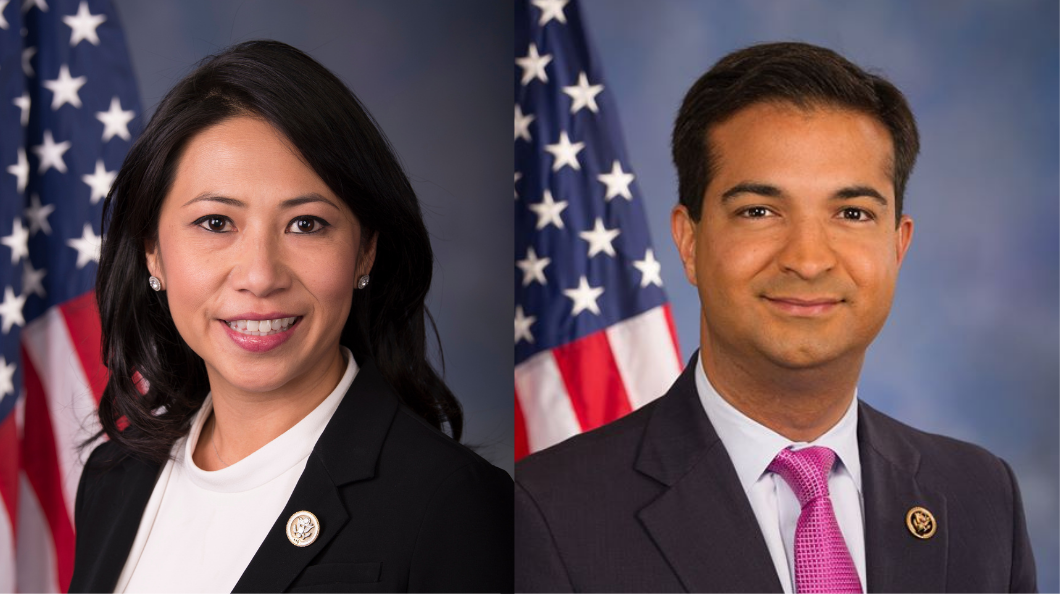An effort led by MAP’s Congressional Future Caucus (CFC) leaders, bipartisan members of the 115th Congress showed that Democrats and Republicans can work across the aisle to combat the nation’s epidemic of gun violence. On March 9, 2017, then-CFC Vice Chair Rep. Stephanie Murphy (FL-7) introduced HR1478, the Gun Violence Research Act. The bill gained bipartisan support when then-CFC Co-Chair Rep. Carlos Curbelo (FL-26) became the first Republican co-sponsor.
It garnered 174 bipartisan co-sponsors in total, including the following CFC members:
Rep. Seth Moulton (D-MA-6)
Rep. Nydia Velazquez (NY-7)
Rep. Hakeem Jeffries (NY-8)
Rep. Grace Meng (NY-6)
Rep. Ruben Gallego (AZ-7)
Rep. Brendan Boyle (PA-13)
Rep. Darren Soto (FL-19)
Rep. Ro Khanna (CA-17)
Rep. Nanette Barragan (CA-44)
Rep. Derek Kilmer (WA-6)
Rep. Andre Carson (IN-7)
Rep. Eric Swalwell (CA-15)
Rep. Brian Mast (FL-18)
Rep. Tulsi Gabbard (HI-2)
The Gun Violence Research Act sought to repeal the twenty-year-old prohibition on federally-sponsored gun violence research. This ban was imposed by the Dickey Amendment to the 1996 omnibus appropriations package, which prevented the Centers for Disease Control and Prevention (CDC) from using its funding to advocate for gun control. This language, in practice, disallowed the CDC to study gun violence in any form. Rep. Murphy’s bill aimed to repeal the Dickey Amendment, authorizing the Department of Health and Human Services, and specifically the CDC, to sponsor research into the causes of, and methods to reduce, gun violence.
HR1478’s momentum in Congress led its core provision to be included in the 2018 omnibus appropriations bill, which passed on March 23. Though the Dickey Amendment language remains, a report accompanying the omnibus clarified its interpretation and explicitly permitted the use of CDC funds to study gun violence.
Reps. Murphy and Curbelo released a statement after the omnibus was passed:
“As young legislators from Florida—and leaders of the Future Caucus—we are heartened to see this movement of young Americans standing up to say ‘enough.’ Too often, young people are stereotyped as apathetic and politically disengaged. But the young people coming together to march in Florida, Washington, and around the country are proof that narrative is just plain false: they are as powerful a political force as any other generation in America’s history. They, better than most, know that change doesn't happen by itself—it happens when people stand up, together. It's on us as legislators to listen to these voices and come together. Our success in pushing through Congress an end to the decades-old federal ban on research into gun violence is an important first step in turning their movement into action.”

